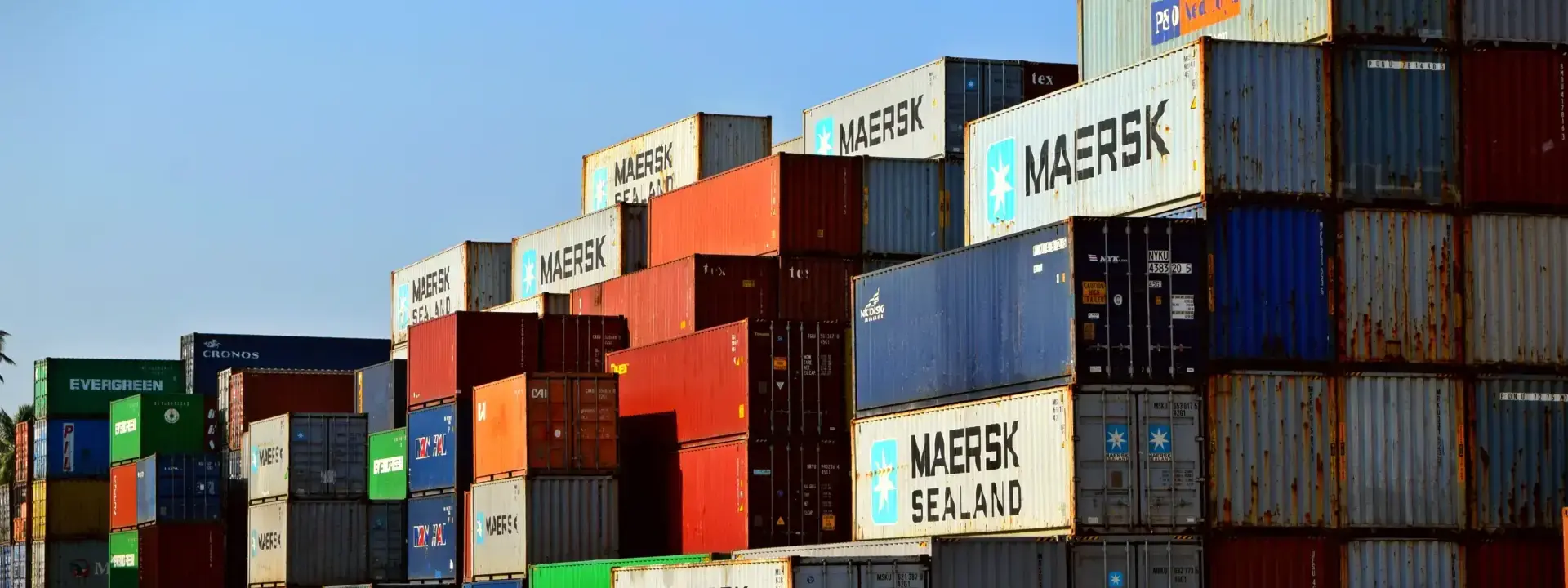
Freight Job Description
What is a Freight Professional?
A freight expert is a specialist in the field of logistics and transportation who is responsible for ensuring that goods and materials are moved effectively and efficiently from one location to another. A freight expert may work for a company that manufactures and distributes goods, or for a third-party logistics provider that manages the transportation of goods for other companies. In either case, the freight experts job is to coordinate the movement of goods in a way that meet the needs of the company and the customers. The freight expert is responsible for developing shipping schedules and routes, and for ensuring that goods are properly packaged and labeled for shipment. The freight expert also works with other departments within the company to ensure that all of the necessary documentation is in order and that the goods are ready for shipment on the scheduled date.

What does a Freight Expert do?
In addition, the freight expert may be responsible for tracking shipments and responding to customer inquiries about the status of their orders. The freight expert must have a thorough knowledge of the transportation industry and the various shipping options available in order to make the best decisions for the company. The freight expert must also be able to effectively communicate with other members of the company, as well as with customers and vendors. Excellent problem-solving skills are essential in this role, as the freight expert must be able to quickly and efficiently resolve any issues that may arise.
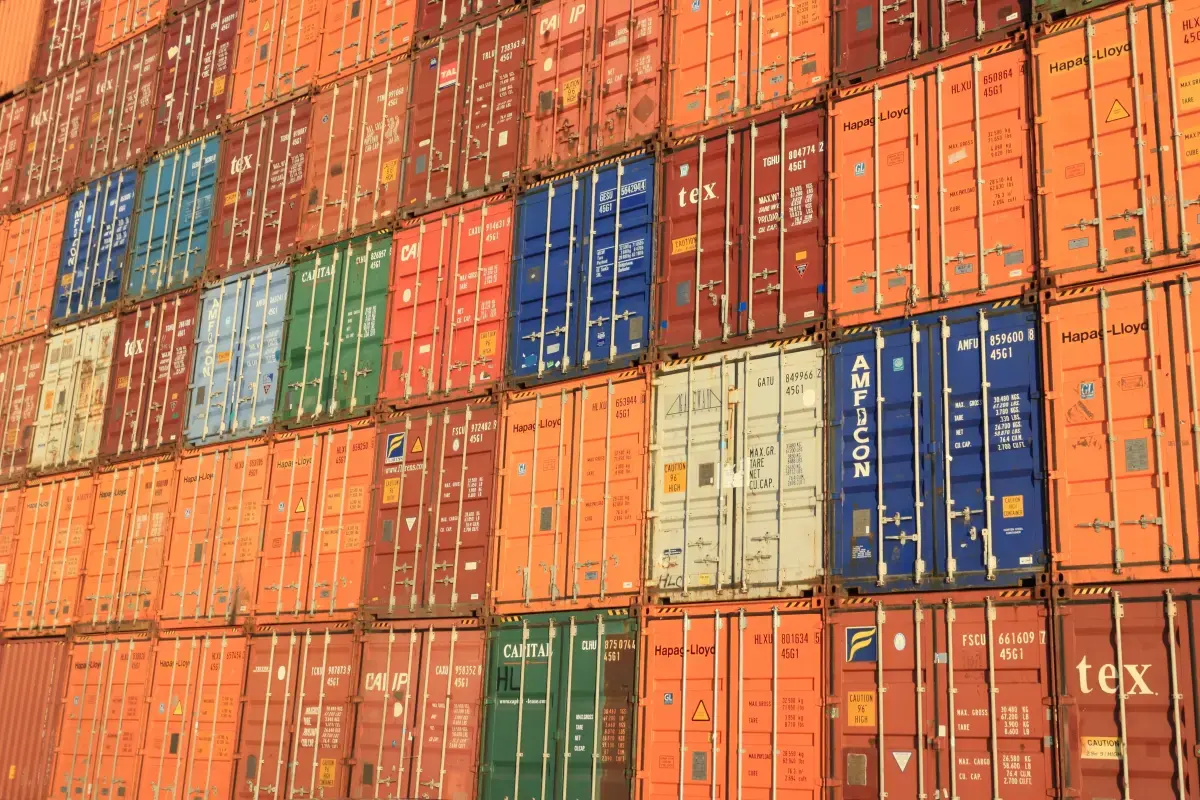
What are the Skills of a Freight?
A freight expert is someone who is highly knowledgeable and experienced in the field of freight transportation. This person needs to be well-versed in all aspects of freight transportation, from the various modes of transportation available to the different shipping options and routes. The freight expert needs to be able to determine the most efficient and cost-effective way to ship goods, taking into account the specific needs of the shipper and the destination. The freight expert must have a strong understanding of the different types of freight transportation available, including air, ocean, rail, and trucking. They must be familiar with the advantages and disadvantages of each mode of transportation and be able to determine which is the best option for a given shipment. The freight expert must also have a good understanding of the different shipping options available, including FCL, LCL, and break bulk. They must be able to determine which option is best for a given shipment, taking into account the size and type of the goods being shipped. The freight expert must also be familiar with the various routes available for shipping goods. They must be able to determine the most efficient route for a given shipment, taking into account the origin and destination of the goods. The freight expert must also have a good understanding of the customs clearance process and the documentation required for shipments. They must be able to ensure that all shipments are properly documented and cleared for entry into the destination country.
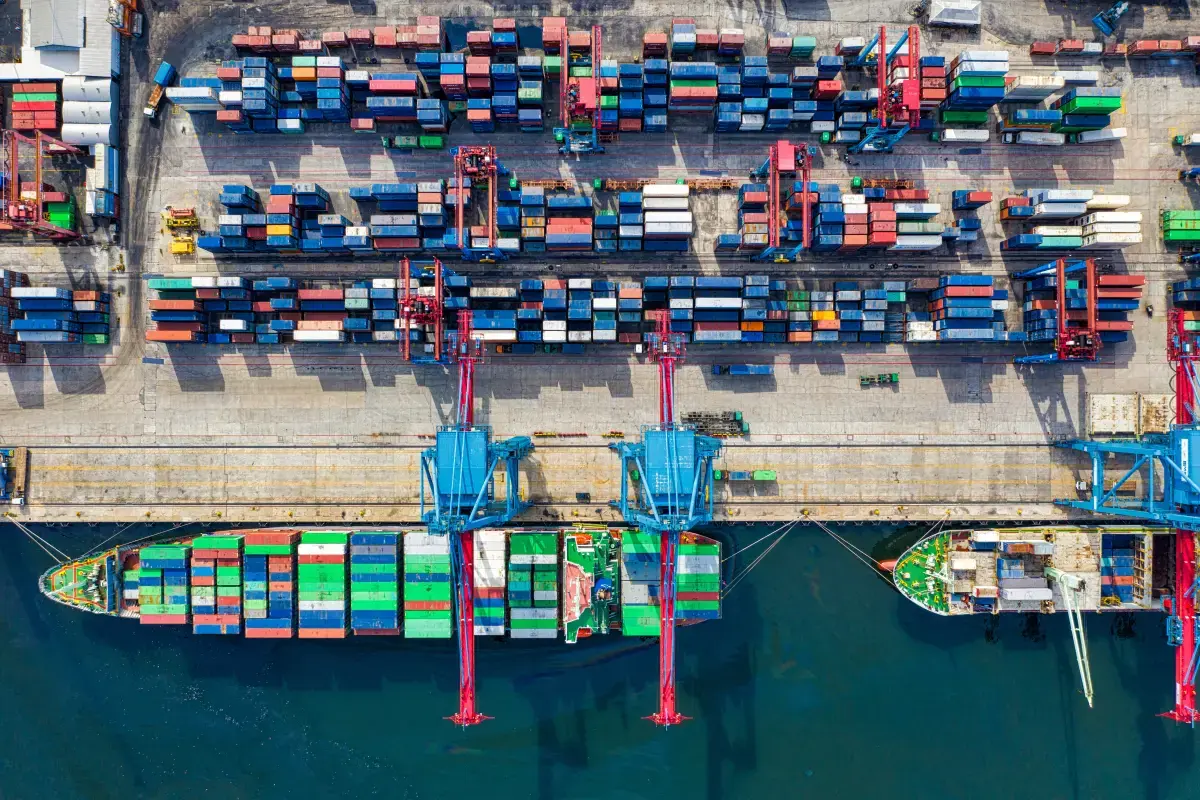
What makes an Expert Freight?
The freight expert must also be familiar with the various regulations governing the transportation of goods. They must be able to ensure that all shipments comply with the applicable regulations. The freight expert must also have a good understanding of the insurance requirements for shipments. They must be able to ensure that all shipments are properly insured against loss or damage. The freight expert must also be familiar with the tracking and tracing of shipments. They must be able to ensure that all shipments are properly tracked and traced throughout the shipping process. The freight expert must also be able to provide customer support in the event of a shipment issue. They must be able to troubleshoot and resolve any problems that may arise during the shipping process. The freight expert must also be familiar with the billing and invoicing process for shipments. They must be able to ensure that all shipments are billed and invoiced correctly. The freight expert must also be able to provide customer support in the event of a billing or invoicing issue. They must be able to troubleshoot and resolve any problems that may arise during the billing or invoicing process. The freight expert must also have a good understanding of the claims process for shipments. They must be able to ensure that all claims are properly processed and resolved. The freight expert must also be able to provide customer support in the event of a claim. They must be able to troubleshoot and resolve any problems that may arise during the claims process. The freight expert must also have a good understanding of the transportation industry. They must be familiar with the major players in the industry and the trends that are affecting the industry. The freight expert must also be able to provide customer support in the event of an industry issue. They must be able to troubleshoot and resolve any problems that may arise in the transportation industry.
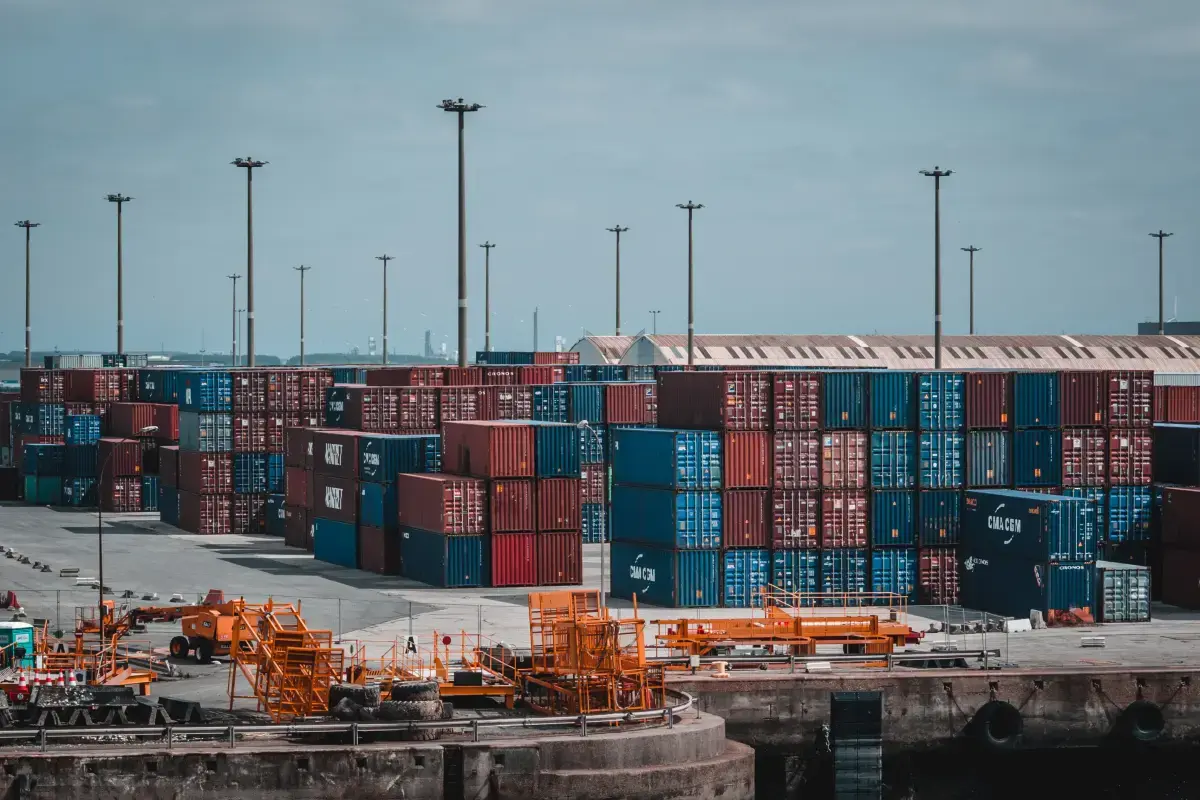
What level of Experience & Qualifications are required to be a Freight?
Industry Experience: 1. At least 5 years of experience in the freight forwarding industry, with a focus on international logistics and transportation management. 2. Extensive knowledge of customs regulations, shipping procedures, import/export rules and regulations, as well as other applicable laws related to global trade operations. 3. Hands-on experience with document preparation for both imports and exports including bills of lading (BOLs), commercial invoices, packing lists etc., and ability to work with multiple carriers across different modes of transport (airfreight/ocean freight). 4. Proven track record in negotiating competitive rates from suppliers for customers’ benefit while ensuring compliance to all relevant laws & regulations at all times; also responsible for cost-effective solutions that meet customer needs within budget constraints. Training: 1. Certified by a recognized professional organization such as The International Air Transport Association (IATA) or Institute of Export & International Trade (IEIT). 2. Up-to-date training in the latest technological systems used within the freight forwarding industry such as electronic data interchange systems which are necessary when dealing with large companies who require EDI compliant transactions between their own computer systems when exchanging documents electronically between them and their customers / suppliers / agents etc.. Qualifications: 1. Bachelor’s degree in Logistics Management/Transportation or any related field is preferred but not required depending on employer requirements; however some employers may require additional qualifications like an MBA or Masters Degree in Supply Chain Management or similar fields along with certifications from IATA / IEIT etc.. Education: 1 . Completed high school diploma is mandatory; further education beyond high school can be beneficial but not necessarily required depending upon employer preference

What is the Salary of a Freight?
A freight forwarders salary expectations can vary greatly depending on their level of experience and the size of the company they are working for. At a junior level, salaries usually range from £18,000 to £25,000 per year. This is typically entry-level work with limited responsibility or decision making abilities. At this stage in their career, freight forwarders will likely be helping out with administrative tasks as well as learning more about the industry and how things operate. As freight forwarding professionals move up into mid-level positions within companies, salaries may increase to between £25K and £35K per year (or even higher). They will be expected to have significantly more knowledge and expertise when it comes to all aspects of transportation logistics, including customs regulations and documentation requirements. Mid-level employees might also take on some managerial responsibilities such as training new hires or supervising teams of lower-level staff members. Finally at senior levels in large corporations or multinational firms where experienced personnel are necessary, salaries could reach upwards of six figures! Senior freight forwarding experts should possess an expansive understanding of global trade laws/regulations combined with exceptional problem solving skills that allow them to quickly identify solutions during challenging situations.

What are the Working Conditions for a Freight?
The working conditions for a freight broker vary depending on the company they work for, but some general guidelines apply. Freight brokers typically have regular office hours and may be required to travel occasionally. They need good communication skills to effectively negotiate contracts with shippers and carriers, as well as strong organizational skills in order to manage multiple shipments at once. The job can involve long periods of sitting or standing at a desk while researching rates and negotiating deals, so physical stamina is important. Additionally, knowledge of logistics processes such as customs clearance procedures might be beneficial when dealing with international clients.

What are the roles and responsibilities of a Freight?
Identifying the most efficient and cost-effective mode of transportation for goods
Planning and scheduling the transportation of goods
Ensuring that goods are transported in compliance with all applicable laws and regulations
Coordinating with suppliers, manufacturers, and customers to ensure smooth transportation of goods
Arranging for the loading and unloading of goods
Monitoring the transportation of goods to ensure timely delivery
Keeping track of shipment documents and records
Handling claims and disputes arising from the transportation of goods
Negotiating contracts with transportation service providers
Managing transportation budgets
Identifying and investigating transportation problems and issues
Developing and implementing transportation policies and procedures
Training and supervising transportation staff
conducting research on the transportation of goods
Preparing reports on the transportation of goods
Advising clients on the transportation of goods
Liaising with government agencies on behalf of clients
Representing clients in court proceedings relating to the transportation of goods
Identifying and exploiting transportation market trends
Marketing transportation services to potential clients
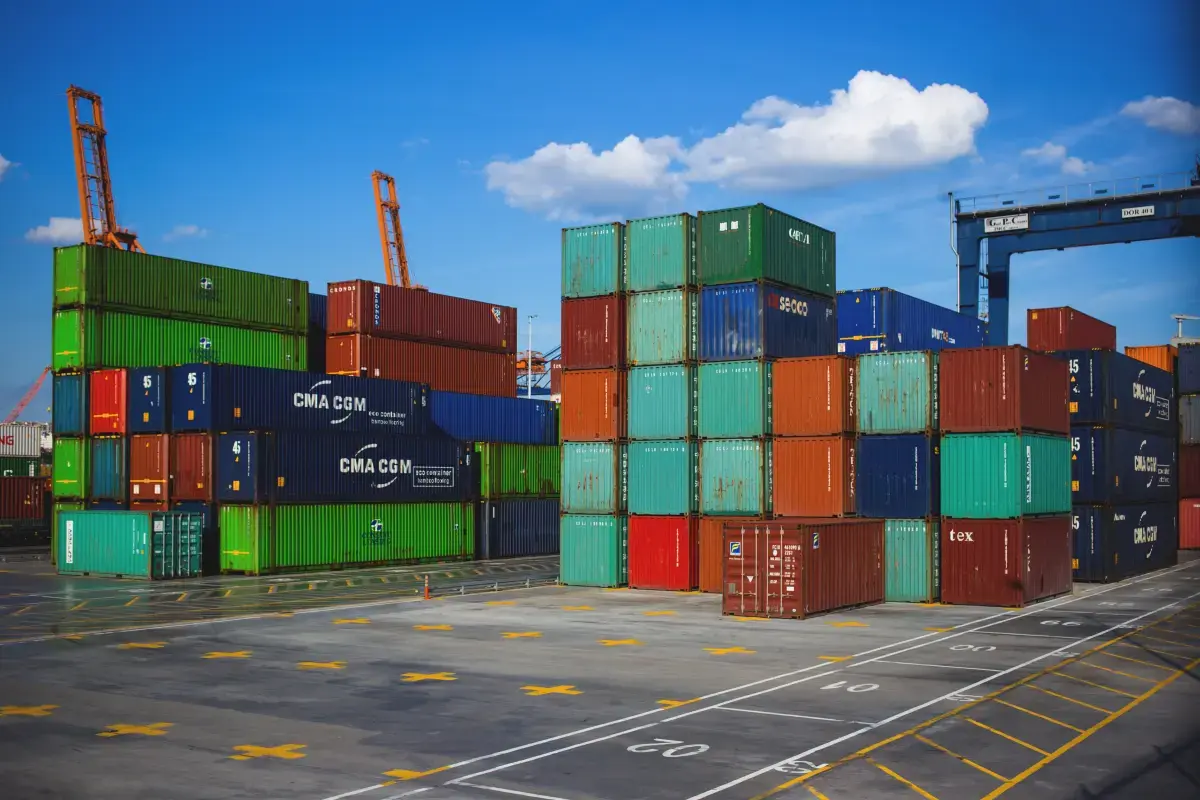
Where can I find Freight jobs?
- Create a profile on gigexchange and promote your Freight skills to advertise you are Open to New Work Opportunities
- Ensure your Resume (or CV), or online work profile is up to date and represents your skills and experience. Ensure your reputation reflects your ability & attitude.
- Apply for Freight Jobs advertised on gigexchange.
- Practise Freight interview techniques to ensure you represent your personality and ability succinctly and confidently.
- Accept the job offer if the salary meets your expectations and the employer mission and purpose reflects your core values.
Jobs
What are the best job boards for Freight Handler jobs?

How can I hire Freight staff online for my business?
The best job board for recruiting Freight experts is gigexchange.com. Advertise full-time, part-time or contract jobs to find, hire & recruit trusted, experienced and talented Freight candidates near you.

Are Freight roles in demand in 2026?
Freight experts are still in high demand in 2026. If you are an experienced Freight or looking to train and become one. The job market is looking strong for Freight jobs near me.